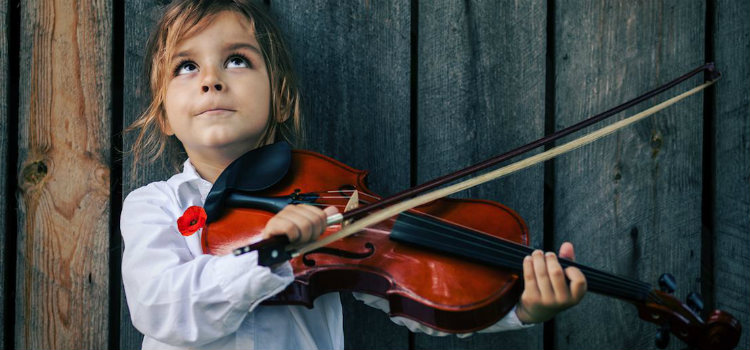1 March 2017 in category Music education
7 tips for teachers to get today’s students to practice more
A colleague of mine made a great point: she said that kids show up to sports practice or ballet and do the work there. They are usually not expected to go home and work more (unless they are going to be Olympic athletes). So there’s this expectation that students will learn whatever they need during their music lesson and not need to put extra time in at home. This is reinforced at home because as music programs get taken out of schools, less people are exposed to performance programs, and do not know what is involved with creating music.
What can we do to get our students to practice more?
Here’s some ideas that I have used or have heard other well-known teachers implement. Some of these ideas will take time, but are worth it in the long run…
- When I teach my beginners, I know the main reason they took an instrument was to learn to play songs. I use concepts from the well-researched Music Learning Theory to teach students how to play songs by ear while they are learning playing technique. I have seen some amazing results from this, and it is very rare when I have a student drop Band during this time. I keep it simple, and introduce small achievable steps in each lesson.
- If the student keeps coming up with the excuse that they don’t have time, and they are of elementary school age, I wouldn’t hesitate to contact the parent via email or phone to find out more about the situation. I would explain that their child is falling behind in their learning and try to come up with a practice plan with that parent.
- Get to know each of your students. This is a tall order, but showing interest in your students’ lives builds trust. When you bring the conversation outside of music, it shows you are interested in more than one aspect of who they are. It shows you are about them as people. This can be as simple as noticing and talking about a special sticker on a student’s folder to complementing them on an accomplishment in another subject or sport.
- A great tip I heard from a colleague (Mickey F.) was this: He tells his students making mistakes is fine, but make NEW mistakes! He doesn’t want to hear the same OLD mistakes over and over. To reinforce this, he uses different colored pencils to show them that they made an old mistake and he doesn’t want to hear that mistake again.
- When you get to the upper middle or high school level, contacting the parents will not be as effective. Using groups or teamwork for the upper grades can be helpful. Some teachers have had “competitions” amongst the sections in their ensemble to see who has been able to perform specific examples or pieces the most accurately or the quickest. Think of having prizes, possibly an end of the party during a group’s lesson time.
- Many teachers use external reward systems with a lot of success, whether it’s stickers, prizes or earning sheet music to popular songs for the student’s particular instrument.
- Lastly, educate the parents. As stated above, with each generation, less and less people are getting exposed to the joy of performing music, and do not understand the effort involved in mastering a piece of music. Meet with parents on Open School Night, hold a special meeting for parents during Band/Orchestra Recruitment Time, or create a monthly newsletter that keeps parents up to date on the events in your program. (I use monthly newsletters to keep parents informed and to outline what pieces we are working on, exercises to be accomplished, and I place a practice log so students can write in their practice minutes.)
By Donna Schwartz, via
